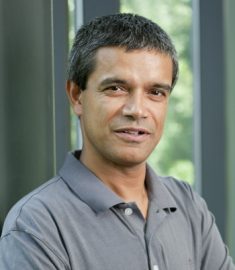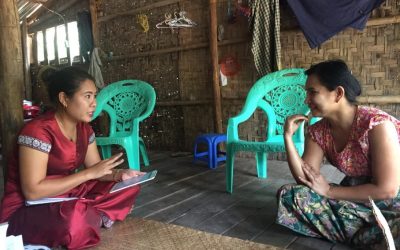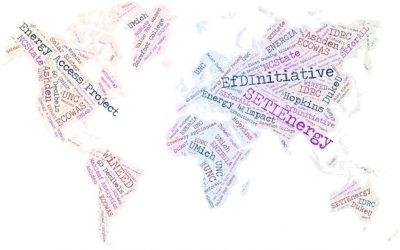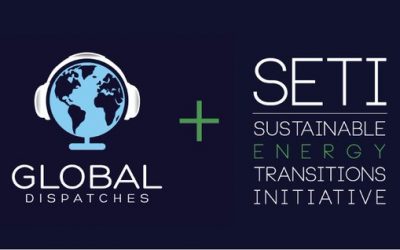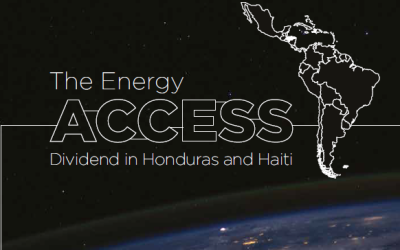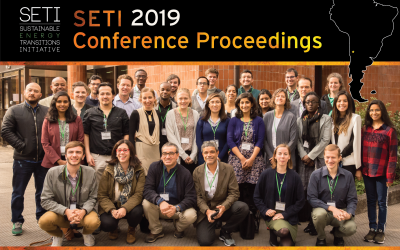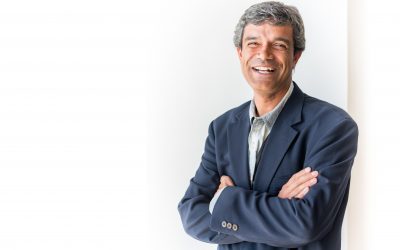Subhrendu Pattanayak

Oak Foundation Environmental and Energy Policy Professor
Contact: 919-613-9306, subhrendu.pattanayak@duke.edu
Pattanayak studies the causes and consequences of human behaviors related to the natural environment to help design and evaluate policy interventions in low income tropical countries.
He studies the causes and consequences of human behaviors related to the natural environment to help design and evaluate policy interventions in low income tropical countries. He has collaborated closely with multi-lateral agencies, NGOs, governments, and local academics in Brazil, Costa Rica, India, Indonesia, Mexico, Nepal, Sri Lanka and the U.S. Currently, Professor Pattanayak leads the Sustainable Energy Transitions Initiative (SETI) and is a faculty fellow of the South Asian Network of Development and Environmental Economists.
Recent work by Pattanayak includes:
My Work
Understanding Gender and Energy Key to Sustainable Development Goals
A new review published in Nature Energy examining more than 100 research articles concludes that despite the profound importance of and commitment to the UN Sustainable Development Goals for gender equality (SDG5) and universal access to modern energy (SDG7), there are gaps in knowledge about the relationship between gender and energy that could hinder progress toward these goals.
Gendered time-use and improved cooking solutions
So far, the case for clean energy has been built around health and/or environmental benefits, generally neglecting the sizable benefits that clean energy can have on freeing women’s time and reducing drudgery. Women typically spend disproportionately more time...
Adoption of conservation agriculture in India
Every October to November, the ambient air in the Indo-Gangetic plain becomes a noxious concoction of toxic emissions that are partly attributable to the seasonal agricultural residue burning.This burning contributes to a persistent and choking blanket of smog...
Gender and off-grid energy access in Myanmar
Myanmar has the lowest electrification rate in Asia (> 60% rural population lacks electricity), and the Government of Myanmar aims to electrify all households by 2030 through grid extension and off-grid infrastructure. But what will the benefit of...
Powering Empowerment
Experts from over 10 time zones and 35 countries came together May 12-13th for our first ever virtual workshop – Energy Access through a Gender Lens!
Sustainable Energy Transitions Initiative: Podcast
SETI is pleased to announce a 6-episode podcast partnership with Global Dispatches, the United Nations Dispatch’s official podcast, hosted by Mark Goldberg.
The Energy Access Dividend
The Energy Access Project at Duke in collaboration with the Inter-American Development Bank and Sustainable Energy For All, have developed an Energy Access Dividend for Haiti and Honduras with the aim of quantifying the electrification benefits forgone over a country’s business-as-usual electrification transition.
SETI Fourth Annual Meeting
The 4th Annual Meeting of the Sustainable Energy Transitions Initiative took place on May 15-17, 2019 in Santiago, Chile.
PUBPOL 890.2 Environmental & Dev Economics
Visit Duke Hub to register now!

